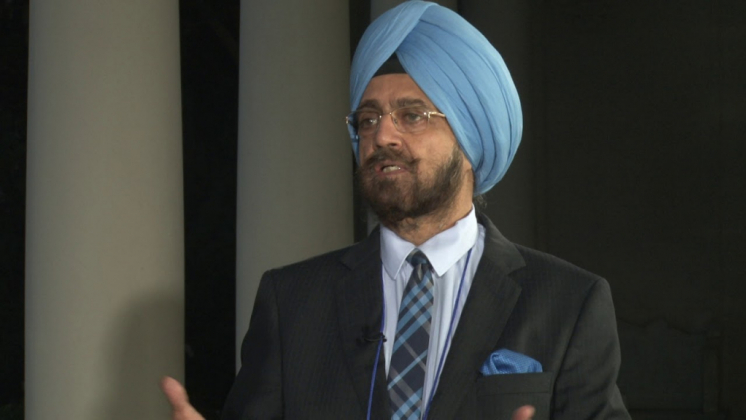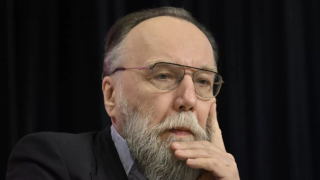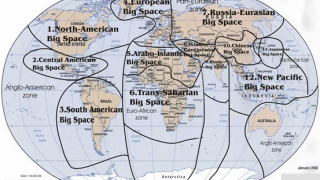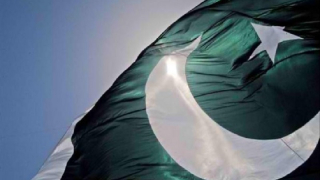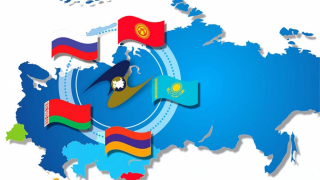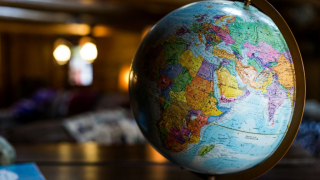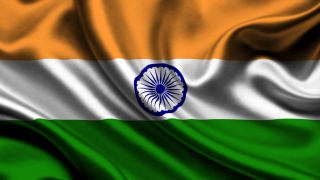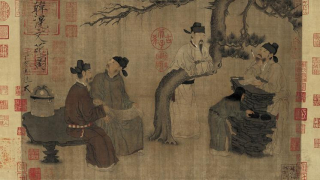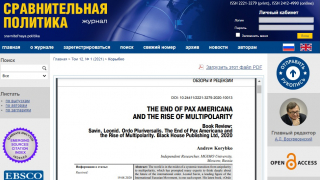The Future of Multipolar world
It is impossible to engage in a conversation about the geopolitical paradigm without stumbling upon the idea of multipolarity. The socio-global political, and economic scenario has ushered in a renewed appetite for discussions on the international configuration of power. The geopolitical landscape is in transition, and it appears that we are entering the multipolar era. We must analyze as to what insights can we draw from the international relation theory, what are the relevant lessons from history and what are the specifics of our situation, and how can we all work together to ensure that multipolarity becomes a vehicle for sustainable development and durable peace on this planet.
Multipolarity has come to figure prominently in the everyday vocabulary of diplomats and world leaders. The BRICS Summit in 2009 expressed support for a more democratic and a just multipolar world order. Successive BRICS communiques have continued to strike this chord. In 2010, former US Secretary of State Hillary Clinton remarked during the official visit to New Zealand that “we are witnessing a shift of power to a more multipolar world, as opposed to the cold war model of a bipolar world”. In 2013, former UN Secretary-General Ban Ki-moon stated that we have begun to see increasing and irreversible momentum towards a multipolar world. In 2016, Russian Foreign Minister Mr. Lavrov declared that international relations have entered into a conceptually new historical stage, that consists of emergent multipolar world order that reflected the strengthening of new economic development paradigm and power centers. These manifestations reveal a general acceptance that multipolarity has become an inescapable concept within contemporary international dynamics.
It is largely recognized that the unipolar world is not tenable anymore in the context of ground realities. The unipolar world that emerged after the end of the Cold War has been characterized by the dominance of one power in international affairs The Global South, comprising of countries from Latin America, Africa, and Asia, has historically been marginalized in the international system. However, with the rise of multipolarity, the Global South has an opportunity to play a more significant role in shaping the international order. For instance, in the UN General Assembly, the Global South has a majority, with 135 out of 193 countries belonging to the G77, a coalition of developing countries.
Moreover, the fight against neo-colonialism in a multipolar world is crucial. The legacy of colonialism continues to shape the international system, with many modern nation-states being a tragic heritage of the colonial era or a tool for promoting the interests of the major world powers.
The effects of colonialism can be seen in the unequal distribution of wealth, influence and power in the world, with the Global South bearing the brunt of the negative consequences. For instance, the GDP per capita of the top 10 wealthiest countries in the world is $100,000 or more, while that of the bottom 10 countries is less than $1,000. China and Russia, as permanent members of the UN Security Council, enjoy the great power status. India, the most populous country, has the fifth-largest economy. Brazil and South Africa are also emerging as countries with more global outreach, influence, and new diplomatic capabilities. The role of BRICS countries cannot be underestimated in shaping the international agendas through multilateral frameworks, as recent negotiations on sustainable development and climate change have indicated.
The world is confronting critical challenges like poverty, deprivation, unemployment, hunger, and disease, as well as climate change. 30,000 people die every day due to hunger, and 700 million people live in abject poverty with less than two dollars a day.
We need a multipolar global order based on equity, cooperation, and trust, with respect for diversity and rule of law besides recognition of the dignity and sovereignty of nations.
Violent extremism conducive to terrorism is increasingly perceived as a global threat, requiring comprehensive, coordinated international efforts. The future of the so-called war on terror has created heightened awareness of the need for harmonized, multilaterally agreed approaches.
The Ebola outbreak of 2014 and the COVID-19 pandemic, which led to thousands of preventable deaths, have demonstrated the renewed need for multi-sectoral coordination and cooperation. Even the world drug problem is now considered a common and shared responsibility, as nations at different points in the production and consumption chain acknowledge the unsatisfactory results of the outcomes and seek more effective solutions through multilaterally concerted efforts.
We must also recognize that a myriad of civil society organizations promoting causes ranging from gender equality to disarmament and non-proliferation represent historical evolution that cannot be ignored.
Multipolar world cannot be based solely on a balance of power; it must also be built on a foundation of cultural diversity and mutual understanding. The dialogue of civilizations is crucial in this regard, with the need to foster greater understanding between different cultures, ethnicities and civilizations.
Multipolarity offers an opportunity for a more diversified and balanced economic system, as opposed to the economic order currently dominated by a few Western powers. We need reforms of international economic institutions, promotion of fair trade and investment, and strengthening of regional economic integration.
The United Nations and other Bretton Woods institutions need critical reforms to meet the growing challenges of the world. We also need new institutions of collective security and governance. Governance mechanisms must become more inclusive and democratic.
We need strong collective endeavors to deconstruct unipolarity by exploring ideological alternatives, expanding humanitarian cooperation, promoting dialogue, respecting plurality, and resisting hegemonic tendencies of entrenched powers.
Nations of all sizes will need to derive benefits from the sovereign equality of states that is at the core of a successful multipolar order through improved and more inclusive multilateral framework for decision-making and cooperation. Civil society and robust multilateralism need to be strengthened with enlightened leadership, diplomatic resourcefulness, and social mobilization. The citizens of our interconnected societies, who aspire to realize their potential and live a life of peace and happiness, will certainly be ready to make this world a better place for posterity with shared values.

